Spring breaks through with the birth of six endangered dhole cubs
hace 1 yearWith the arrival of spring it is not unusual for new births to arrive at Terra Natura Benidorm. On this occasion, six dhole (Cuon alpinus) cubs have been born, bringing to 12 the total number of this species, which is in danger of extinction according to the IUCN due to the progressive loss of its habitat, competition with other predators and some diseases that have reduced their populations.
The dhole cubs weigh around 250 grams at birth. At the moment, it has not been possible to determine their sex, because the team of keepers doesn´t want to separate the cubs from their mother or interfere in their upbringing to avoid the risk of rejection by the mother. All cubs are in good condition and are very active in attracting the mother’s care and willingness to suckle.
As it is not possible to interfere in the breeding process, our team of experts at Terra Natura Benidorm keep the cubs under observation from a distance to monitor their appearance and confirm that their level of activity is within normal parameters. On the one hand, they are observed to see if their eyes are open and their ears and muzzle are moist and, on the other hand, they are observed to see if they are morphologically well and if they are suckling regularly.
This is the second time that Dorinka gives birth at Terra Natura Benidorm. She is an attentive mother who hardly ever separates from her cubs and always keeps a watchful eye on them. She feeds them often, which is hard work, as there are six cubs and when one feeding is over, the next one begins. The cubs stay almost all the time with their mother and have contact with the rest of the group.
This contact with the members of their group allows the establishment of herd bonds and favours the integration of the cubs into the social structure from the very first moment, which will prevent fights in the future when they become independent from their mother’s care. Balto, the father of the cubs, is very solicitous and even provides them with pieces of meat which he buries near the cubs. This behaviour indicates the degree of acceptance and involvement of the male in the rearing.
Dholes are very social animals that live in large clans, sometimes splitting into small groups for hunting. They feed primarily on medium-sized deer. Unlike most social canids, dholes let their young eat first after a hunt. Although fearful of humans, groups of this species are capable of attacking large animals such as water buffalo, wild boar and even tigers.
The role of conservation
Zoological institutions, such as Terra Natura Benidorm, play an essential role in sustaining animal populations in the wild thanks to the maintenance and reproduction of genetically compatible individuals, and the formation of groups that participate in reintroduction programmes. In addition, we invest in the development of projects focused on combating threats to endangered species in the natural environment.

